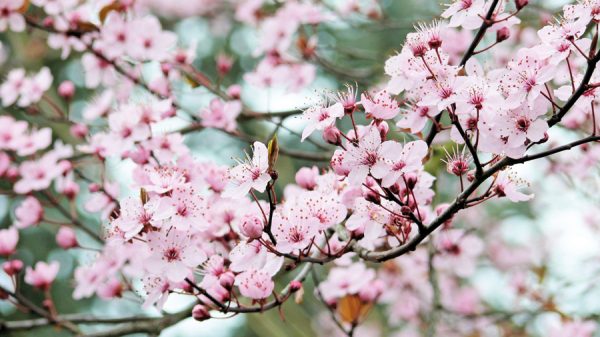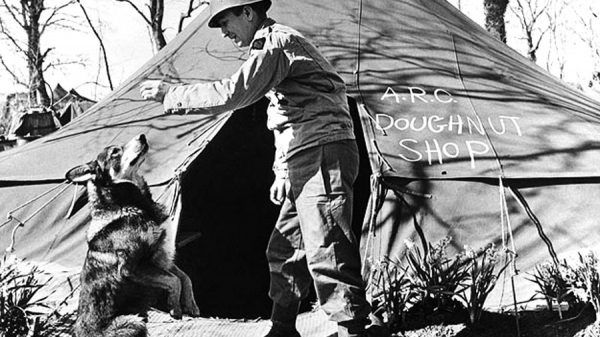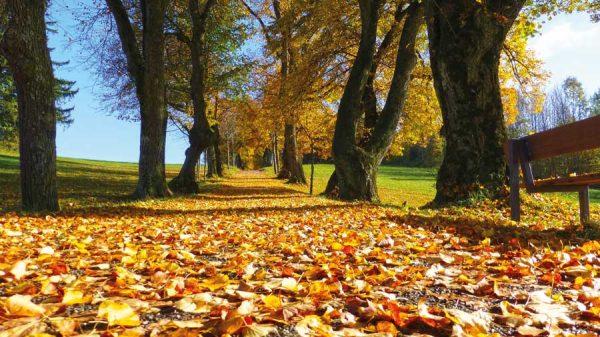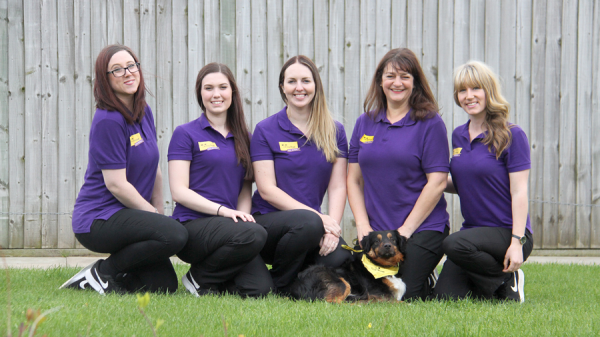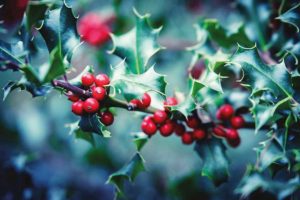−−− BY LINDA JENKINSON −−−
Contrary to popular belief, winter is a great time to start birdwatching. Weeks of leaf-fall over autumn makes birds so much easier to see in trees and, because there are only a few hours of daylight to feed, many birds are active for most of the day. As it gets dark early, owls can be seen hunting in the middle of the afternoon and dawn is at a reasonable hour. Thousands of birds join our resident species to spend the winter in the UK so there is plenty to see.
When it comes to sounds, very few birds will sing during the early winter months so it’s also a great time to start learning birdsong. Songs are easily isolated, and every note and syllable can be heard clearly. If you work full-time and it’s dark when you leave work, listen out for the high-pitched song of a robin.
Its phrases sound as if they are randomly generated so identification is all in the delivery. It’s described as wistful and improvised.
The robin is the UK’s favourite bird and symbolises Christmas, but they are with us throughout the year. They are often hidden in dense vegetation but, as leaves fall, they sing in full view. In the absence of other singing birds, their song is more obvious than during the breeding season and there are twice as many robins singing in the winter months. Each single bird defends a winter territory and both male and female birds sing which gives you lots of scope for practising. In contrast, the song of the wren will come from wood piles and dense bramble scrub where there are lots of overwintering insects. Wren song is also high-pitched but it’s predictable and comprises about five distinct phrases including ‘jup, jup, jup’ and a drilling trill.
On sunny days in December, the ‘tea-cher, tea-cher’ song of the great tit can also be heard and the loud, repeated phrases of a song thrush. As the weeks go by, more and more different species will begin to sing. If you learn robin, wren, great tit and song thrush then you’re off to a good start.
The Christmas holidays are especially good for starting your new birdwatching hobby as it’s a time when everyone is wanting to relax. There are fewer emails to answer and the world generally slows down. Most of us are bored with watching the TV and many of us feel that we’ve eaten too much food. By the end of the Boxing Day holiday, we’re generally suffering from cabin fever and are needing some exercise.
There are so many wonderful places to enjoy birds in Yorkshire such as the Dales, the Pennines, the North York Moors and our wonderful coastline and river valleys. We got some fantastic wetlands and nature reserves too. Throughout Yorkshire our woodlands provide a home for roaming flocks of tits and finches and birds such as great spotted woodpecker, treecreeper, nuthatch, sparrowhawk and tawny owl. Many of these species will also visit gardens so if you’re not able to get out, provide a good Christmas dinner for your garden birds and see what comes to visit. Include oil rich seeds, sunflower hearts, mealworms and suet to increase the diversity of birds. If it snows, throw some halved apples onto your lawn to attract fieldfare and redwing. Don’t forget to include water in your garden. Birds not only need to drink but they need water to keep their feather in optimal condition for keeping them warm on long winter nights.
Have a happy and peaceful Christmas. I’ll be back in January when I’ll tell you about some of the special places you can visit in the Aire Valley close to Leeds.
Linda Jenkinson teaches people about birds in and around Leeds. For details of classes email linda@startbirding.co.uk or call
07778 768719. Visit www.startbirding.co.uk or Start Birding on Facebook and Twitter

